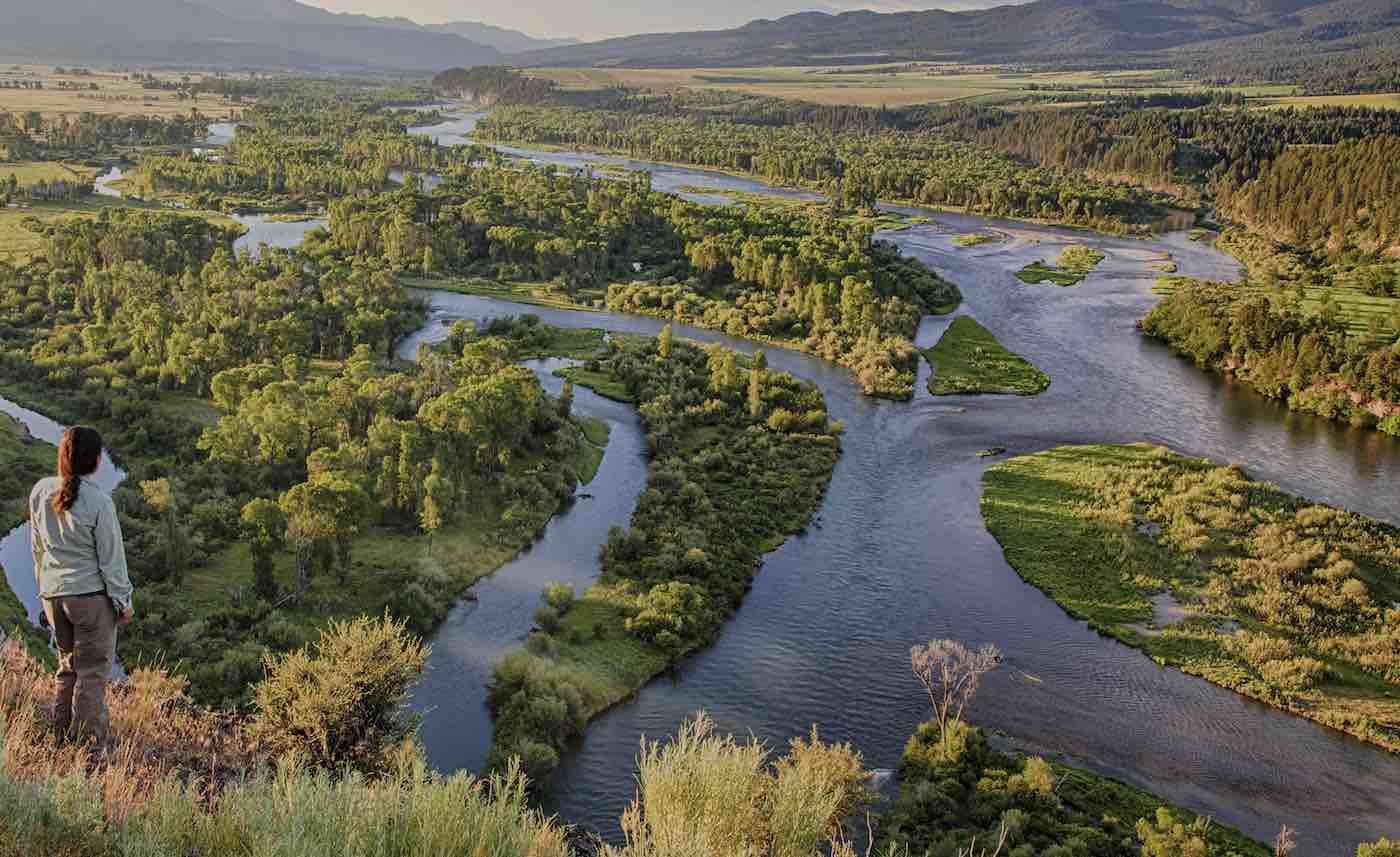High School Installs Washing Machines for Homeless Students
This high school is doing its best to provide as many services to their homeless students as possible – including washing machines and dryers.

Reprinted with permission from World At Large, a news website of nature, science, health, politics, and travel.
Marking its 30th anniversary, the North American Wetlands Conservation Act (NAWCA) has been renewed by U.S. Secretary of the Interior David Bernhardt with $28 million dollars for conservation of coastal and non-coastal wetlands across the country.
Wetland areas constitute one of the most important and also fragile ecosystems in the nation and the world. They're home to a panoply of specialized plants that act as a buffer between storm surges and property, they help to prevent soil erosion, and provide nesting and feeding habitat for hundreds of waterbird species.
Of the funds issued, $23.9 million was allocated to the U.S. Fish and Wildlife Service and its partners to conserve or restore more than 150,000 acres of wetland and associated upland habitats for waterfowl, shorebirds, and songbirds in 20 different states. These grants will be matched by more than $72 million in partner funds.
For instance, the Upper Snake River in eastern Idaho will receive $1 million to ensure the protection of one of America's great rivers—surrounded by 1,691 acres of migrating, breeding, and wintering habitat for birds like the trumpeter swan, northern pintail, and mallard.
Programs benefitting the Missouri River Valley Wetlands and the Texas Bays, Wetlands, and Prairies II will get $1 million each to acquire, restore, and enhance major wetland and grassland complexes within the Missouri River Alluvial Plain in western Iowa and northwest Missouri and on the mid-coast of Texas. The funding will aid populations of northern pintail and lesser scaup, and in the South, mottled ducks, black-bellied whistling ducks, and fulvous whistling ducks.
The commission also approved $4.2 million from the Migratory Bird Conservation Fund to conserve 2,200 acres in Klamath Marsh National Wildlife Refuge in Oregon. These funds were raised largely through the sale of Federal Bird Hunting and Conservation Stamps, commonly known as "Duck Stamps."
Funds raised from the sale of Federal Duck Stamps go toward the acquisition or lease of habitat for the National Wildlife Refuge System. Duck Stamps—while required for waterfowl hunters as an annual license—are also voluntarily purchased by birders, outdoor enthusiasts, and fans of national wildlife preserves who understand the value of protecting some of the most diverse and important wildlife habitats in our nation.
31 small grants were already approved in March. The commission has authorized $5 million for more grants to fund small scale conservation projects—and this year, $3 million in grants were matched by $11.1 million in private partner funds.
"These public-private grants help uphold President Trump's important promise to America's sportsmen and women to preserve our nation's wildlife and provide access to our public lands for future generations," said U.S. Secretary of the Interior David Bernhardt.
"Landmark legislation like the North American Wetlands Conservation Act has made that possible for all Americans and these treasured natural resources during the past 30 years."
Multiply The Good By Sharing The Positive News With Your Friends On Social Media — File photo by Bureau of Land Management, CC
Be the first to comment